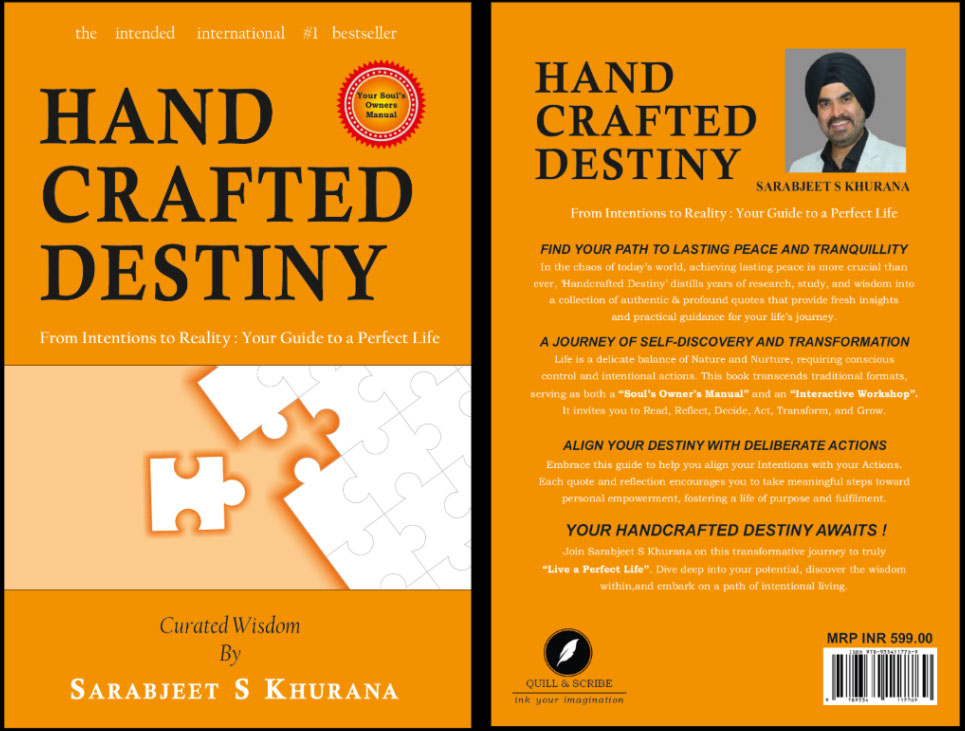Have you ever imagined a world where every person speaks the truth and nothing but the truth? Something like ‘Satyuga’, the age of Truth or ‘The Golden Age’ where everyone only spoke Truth.
It’s intriguing and thought-provoking if for an entire month the power to lie is withdrawn from human beings. No lies, no exaggerations, no white lies, no withholding information. Just pure, unadulterated truth. How would this extreme experiment impact our lives, relationships, institutions, and society as a whole?
Would this take away the spice and charm from our lives? Would it make our lives boring & dull and too predictive?
At first glance, the idea might seem simplistic, even naive. But consider the profound implications of a truth-filled world. In this enthralling exploration, let’s delve into the transformative effects of a month-long truth revolution, examining both the positive and negative consequences.
Positive Impacts: A World of Empathy and Trust
In a world where truth is the only language, trust would become the foundation of every relationship. No more guessing games or second-guessing intentions. Communication would become crystal clear, fostering empathy and understanding.
What we would experience is:
Deepened Relationships: With truth as the only currency, we’d form more meaningful connections, built on mutual respect and trust. Authenticity in relationships would flourish as people reveal their true selves. Imagine friendships and marriages built solely on honesty, where partners communicate openly about their feelings and expectations. This openness could strengthen bonds and bring people closer together.
Conflict Resolution: Truth would force us to confront and resolve long-standing issues, leading to a significant decrease in conflicts and disputes. Problems often buried under layers of deceit would come to the surface and be addressed openly. Consider a workplace where employees and employers share honest feedback. Misunderstandings would be cleared up, and conflicts resolved more efficiently, creating a healthier work environment.
Accountability: Leaders and institutions would be held accountable for their actions, promoting transparency and good governance. Corruption and malpractice would be exposed, leading to a cleaner, more responsible leadership. Political leaders would be unable to hide behind false promises or misleading statements. This could lead to more honest politics and policies that truly reflect the public’s needs.
Personal Growth: By facing our own truths, we’d be compelled to confront our flaws and weaknesses, leading to rapid personal growth and self-awareness. Individuals would embark on journeys of self-improvement and authenticity. People might take steps to improve their lives, relationships, and careers once they face the truth about themselves and their situations.
Innovation: With truth as the foundation, creativity and innovation would flourish, as people would build upon each other’s ideas without fear of intellectual property theft or deceit. Collaborative efforts would thrive, driving progress. In scientific research, for example, sharing true and accurate data without fear of competition could accelerate discoveries and advancements.
Negative Impacts: The Initial Shockwave
However, the sudden absence of lies would lead to a shockwave of revelations, causing initial chaos and discomfort as we confront uncomfortable truths.
What we would face is:
Initial Chaos: The truth would expose long-hidden secrets, leading to a period of adjustment as we come to terms with the new reality. Society would need to process and adapt to the influx of honesty. Families might discover hidden secrets, businesses might reveal financial mismanagement, and communities might uncover injustices.
Hurt Feelings: Brutal honesty would lead to hurt feelings and damaged relationships, at least initially, as we learn to navigate the new truth landscape. Friends, families, and colleagues might struggle with the sudden openness. For example, discovering a friend’s true opinion about you might hurt, but it could also pave the way for resolving underlying issues.
Economic Disruption: The truth would expose corruption, fraud, and unethical practices, leading to significant economic disruptions and potential collapses. Industries reliant on deceit could face crises, affecting employment and stability. Imagine a company that has hidden financial troubles; truth-telling would expose these issues, potentially leading to stock market fluctuations and economic instability.
Information Overload: With everyone sharing their truths, we’d face an overwhelming amount of information, making it challenging to discern what’s truly important. Filtering and prioritizing information would become crucial skills. The sheer volume of honesty could be difficult to manage, and people might struggle to process all the new information.
Mental Health: The constant bombardment of truth could lead to increased stress, anxiety, and depression, particularly for those unprepared to handle the intensity. Individuals might need support to cope with the newfound transparency. The unvarnished truth about personal and global issues might be overwhelming, necessitating mental health support systems.
Institutional Impacts: A New Era of Transparency
A world where everyone speaks the truth would revolutionize institutions, exposing corruption and forcing leaders to prioritize the greater good.
What we would see is:
Politics: Truth would revolutionize politics, exposing corruption and forcing leaders to prioritize the greater good. Campaigns and policies would be scrutinized, leading to more honest and effective governance. Politicians would no longer be able to make false promises or hide behind rhetoric. This could lead to a more engaged and informed electorate.
Business: Companies built on deceit or unethical practices would collapse, while those prioritizing transparency would thrive. Consumer trust would shift towards businesses that maintain integrity and honesty. Imagine the pharmaceutical industry where companies honestly disclose the efficacy and side effects of their products, leading to better consumer choices and trust.
Education: The truth would transform education, focusing on critical thinking, media literacy, and emotional intelligence. Students would learn the importance of honesty and develop skills to navigate a truth-centered world. Education systems would prioritize teaching students how to separate facts from misinformation, and how to communicate honestly and effectively.
Media: The news would become a beacon of truth, holding power accountable and fostering a well-informed public. Journalism would gain credibility as truth-telling became the norm, empowering citizens with accurate information. Media outlets would focus on delivering verified facts, reducing sensationalism and misinformation.
The Verdict: A World Transformed
A world where everyone speaks the truth for a month would be both exhilarating and terrifying. While there would be initial challenges, the long-term benefits would transform our world for the better. We’d emerge stronger, wiser, and more compassionate, with truth as the foundation of our relationships, institutions, and society.
As we navigate this truth revolution, we’d discover that the benefits far outweigh the costs. We’d create a world where trust is the norm, and truth is the foundation of every interaction. The experiment would be a resounding success, paving the way for a brighter, more compassionate future.
Imagine the societal benefits:
Less Crime: With everyone telling the truth, law enforcement agencies would solve crimes more quickly and efficiently. Witnesses would provide accurate accounts, and criminals might even confess to their wrongdoings, leading to swifter justice.
Improved Healthcare: Patients would give honest accounts of their symptoms, leading to better diagnoses and treatments. Doctors and healthcare providers would share truthful information about treatments and outcomes, improving patient care.
Environmental Impact: Honest disclosures about environmental practices and the true state of our planet could lead to more effective environmental policies and greater public awareness and action towards sustainability.
In conclusion, while a month of truth-telling would undoubtedly present challenges and disruptions, the long-term benefits could create a more transparent, trustworthy, and compassionate world. The honesty experiment would fundamentally alter the way we interact, govern, do business, and perceive the world around us. It invites us to reflect on the role of truth in our daily lives and consider how embracing honesty, even in small steps, can lead to a better society. The journey might be difficult, but the destination promises a world where truth, trust, and transparency reign supreme.
I know this is a far-fetched idea but then what’s wrong with imagining!


